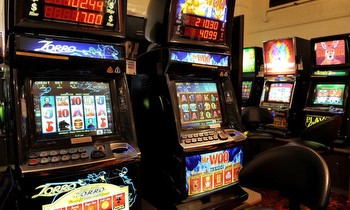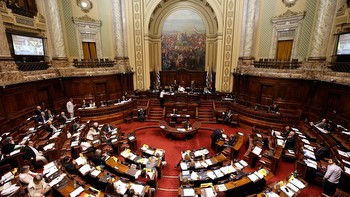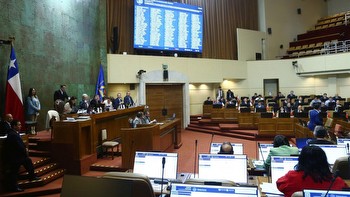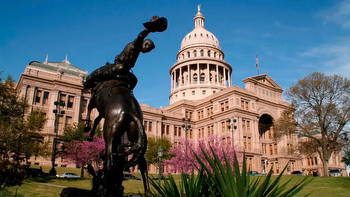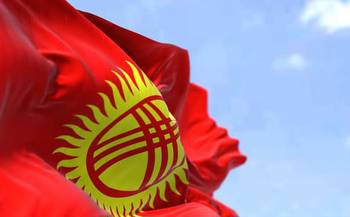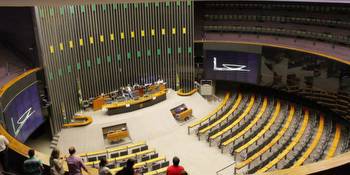Brazil Debates Legalizing Land-Based Casinos
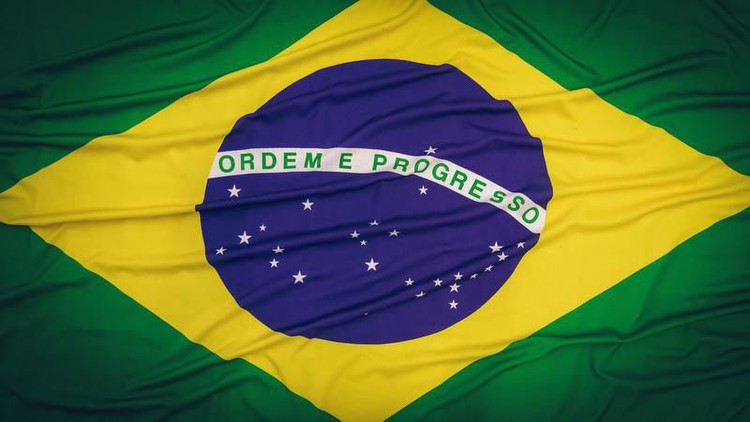
While poker has seen massive growth in Brazil over the last decade, the country’s chamber of deputies is now debating whether to move forward with legalizing land-based casinos, bingo halls, and horse racing. The country also approved the launch of live and online sports betting as well as online gaming last week.
The moves come as the government looks to raise revenue by venturing into the gaming arena. Those backing both efforts also point to additional economic benefits and job opportunities that could come from the industry.
Details On Casino Plans
Legislators introduced casino plans over a year ago with the proposal calling for allowing casinos in tourist locations or “integrated parks.” The bill would permit one casino per state as well as in the federal district, which includes the capital of Brasília. Four states would also be allowed to license two casinos each – Minas Gerais and Rio de Janeiro, two of the country’s most populous jurisdictions, as well as Amazonas and Pará.
“For businesses to be eligible to engage in casino activities, they must exhibit a minimum of BRL100 million in paid-up capital (US$20 million),” Casino.org notes. “Moreover, they must be granted a license granting them 30 years of validity.”
Each state would set up a regulating body as part of the legislation and bingo would also be legalized. The Ministry of Agriculture would be in charge of regulating horse racing.
Adding casinos in the country could deliver an even further boost to the country’s poker industry, which has grown in recent years.
Online Gaming Wins Approval
In other gaming news, the chamber of deputies also approved online casino gaming and sports betting for the land of samba and sun. The move comes after legislators began taking up the issue in September.
Despite efforts by opposition legislators to exclude online casino gaming, the plan passed 261-120. The bill now needs final approval by President Lula da Silva, who has expressed support for gaming legislation in the past.
The bill calls for a 12% tax for licensed operators with player winnings taxed at 15%. Additionally, 2% of revenue will go toward the country’s social security, 6.6% for the national sports administration, and 5% for tourism promotion. Operators will pay about $6 million for a five-year, allowing up to three online gaming brands.









